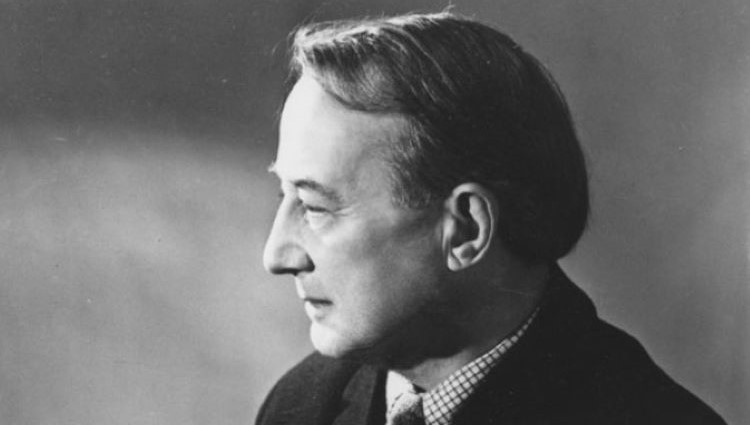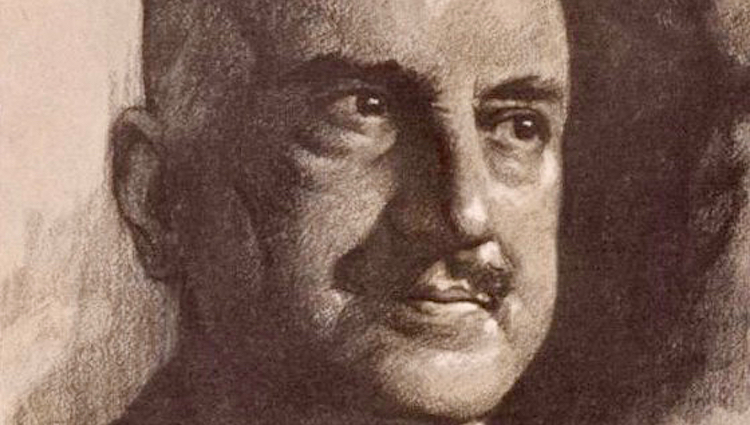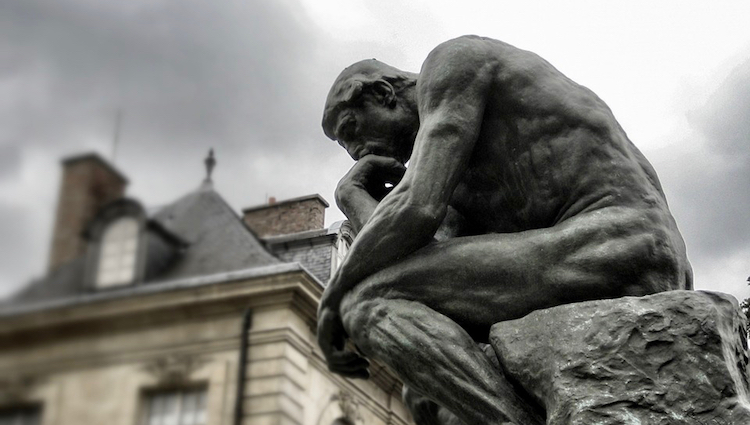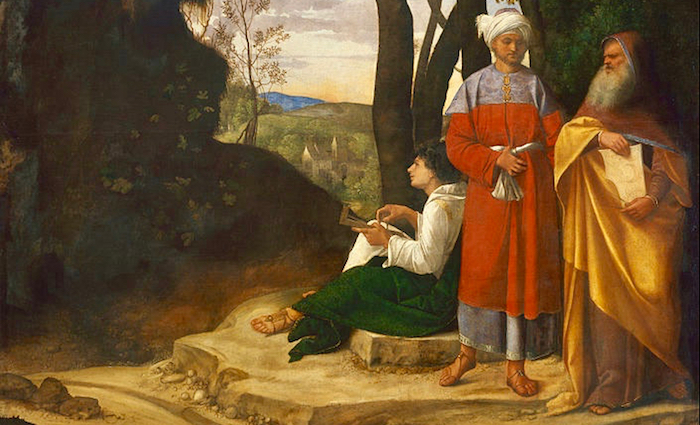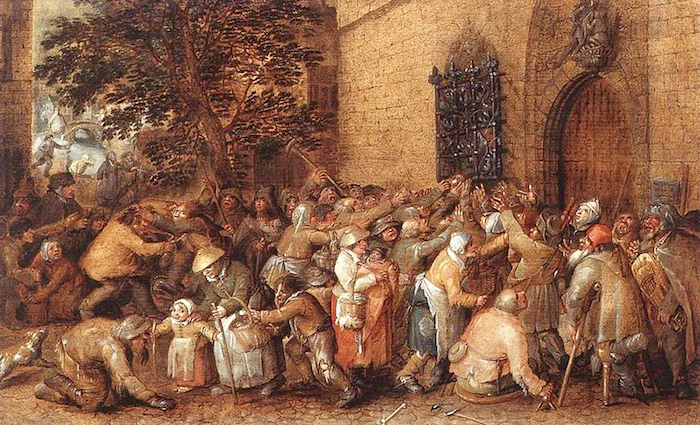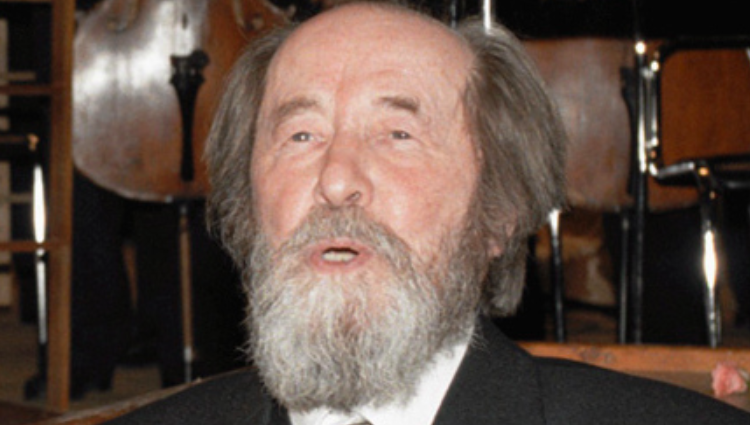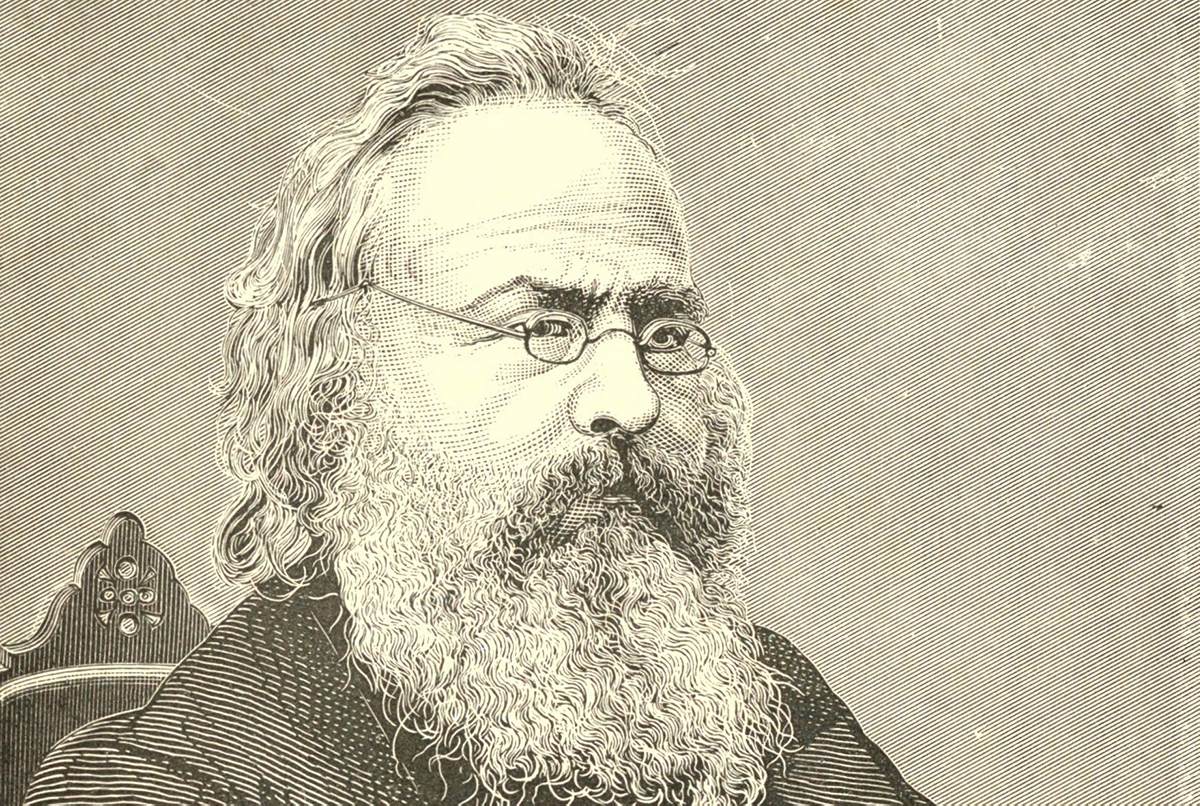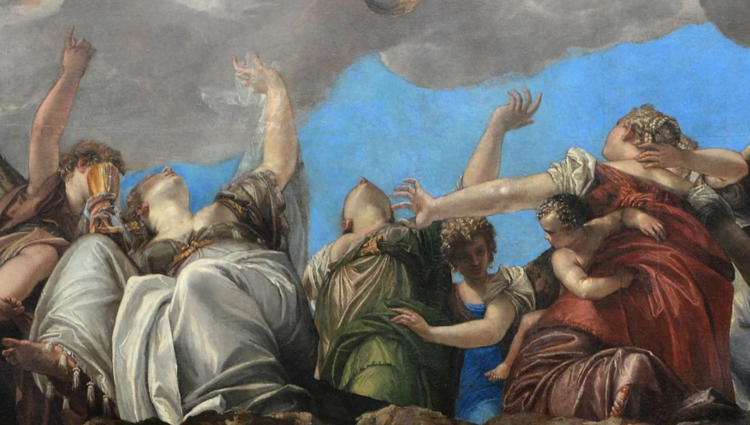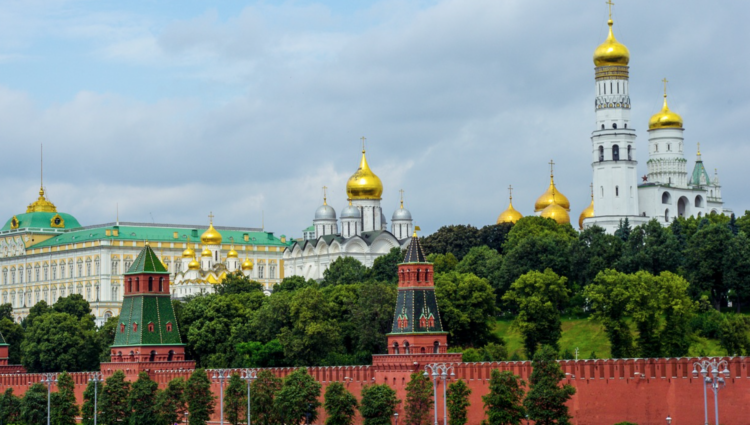Michael Oakeshott on the Tensions Between Political Theory and Practice
Political theory sets out to consider the kind of knowledge involved in political activity and the appropriate form of education that will continue to inculcate this knowledge and the value in sustaining such knowledge to society. Political theory may not be so theoretical, after all. Within political theory, there is a pressure to operate in [...]

